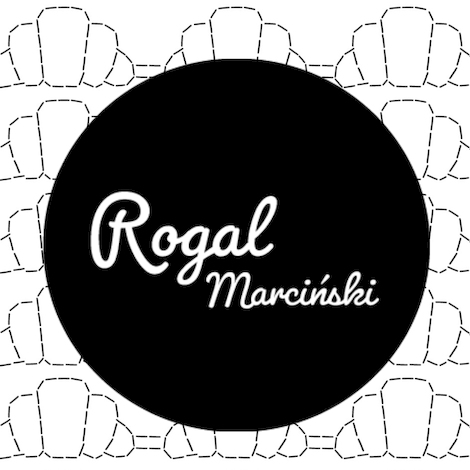07-11-2023 The tradition of the St. Martin's Croissants

St. Martin's Street Day is one of the most interesting events in Poznań. A colourful parade, crowds of residents and the Saint Martin's croissants, which, as every year, also go to our customers

Rogale on the Map of Europe
Our mission is simple: we want our customers to have the opportunity to experience the magic of Poznań, even if only for a moment, while savoring the taste of Rogale Świętomarcińskie. It's a unique journey through the senses that allows you to discover the best of Poznań. We are proud to contribute to sharing this extraordinary experience with others on St. Martin's Street Day, traditionally celebrated on November 11th.
Welcome to Poznań
If, like us, you appreciate regional culture intertwined with history and a tangible connection to the past, we invite you to Poznań. Wandering down St. Martin's Street during the annual parade is a unique experience that allows you not only to learn about the city's history but also to taste its flavor, which permeates the air on this special day, enveloping you in the warmth and hospitality of Poznań's residents.
St. Martin in Poznań
Poznań's St. Martin Street is inseparably linked with Saint Martin, who was not only the patron of children, the poor, and travelers but also of tailors. This place holds special significance for the city and strong ties to one of its most delicious traditions – Rogale Świętomarcińskie. These are exquisite pastries with soft, semi-French dough filled with aromatic almond, marzipan, and candied fruit filling. Their history dates back to 1891 when Jan Lewicki, the parish priest of St. Martin's Church, appealed to the faithful to emulate the patron and do something for the poor. One of the pastry chefs present at the Mass baked the Rogale. Wealthier Poznań residents bought these delicacies, while the less fortunate received them for free. Rogale Świętomarcińskie are not just a symbol of Poznań but also an integral part of its culinary culture. They are handmade following a recipe passed down from generation to generation.
